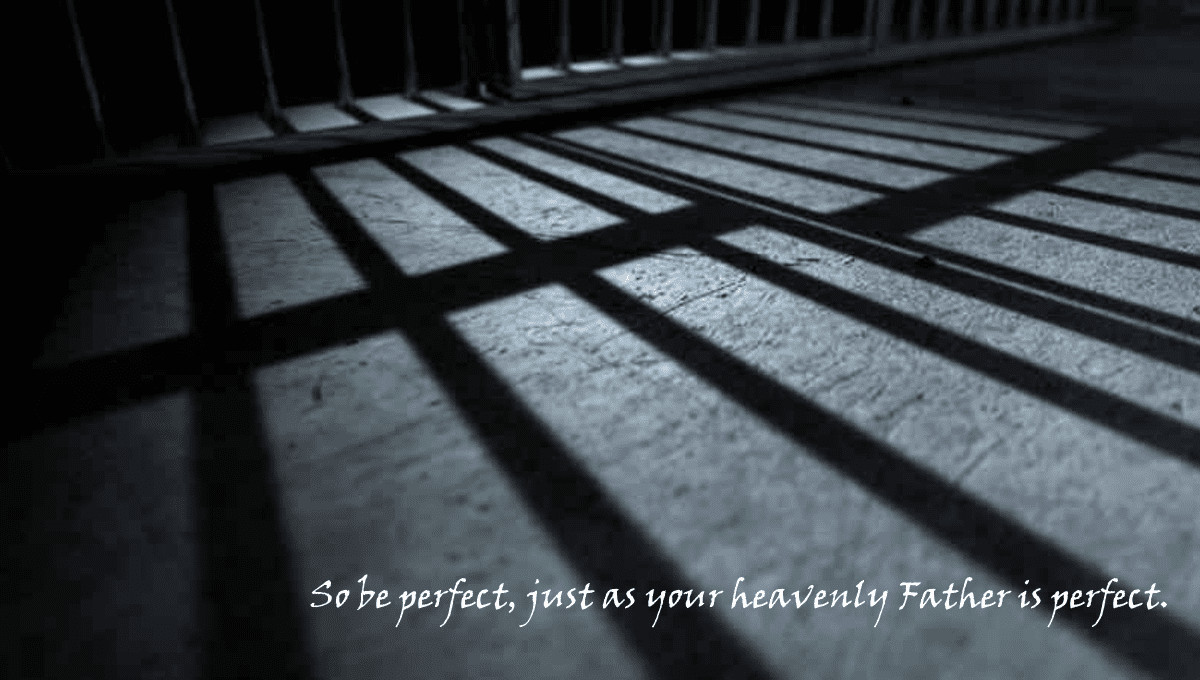Finally, the Church has enshrined its opposition to the death penalty in the definitive summary of its ordinary magisterial teaching: the Catechism of the Catholic Church.

We’re returning to our roots as a Church:
“In the earliest days of the faith, in those communities in which the long echo of the voice of the apostolic church was still audible, and through it the longer echo of the voice of Christ, baptized Christians understood themselves as having been called to a form of life radically unlike that of the fallen cosmos. They belonged to a kingdom not of this world, and were absolutely forbidden to take part in the orders of force by which the powers and principalities exercise their sway. They were required now to live by a law of charity so uncompromising that it might lead to their deaths and the deaths of many others. But that prolonged moment of apocalyptic liberty from the violence of history gradually faded.”(from a review of “By Man Shall His Blood Be Shed” in Commonweal by David Bently Hart)
Famvin, almost since its inception, has been charting the Church’s journey on this issue. Today, Pope Francis continued the Church’s developmental journey, through its departure during Christendom, to its reflective shift in emphasis begun under Popes St. John Paul II and Benedict XVI. The inviolability and the dignity of every life has moved center stage.
It has been a journey from the willingness to personally accept violence (See Matthew 5:43-48 and Romans 12: 14-21), through the assumption of theories of retributive justice and the questioning if theories are adequate for the reflection upon the issue of capital punishment, even though it has been the normative philosophical theory underpinning the Church’s teaching for centuries.
We return to our roots: Love your enemies.







0 Comments